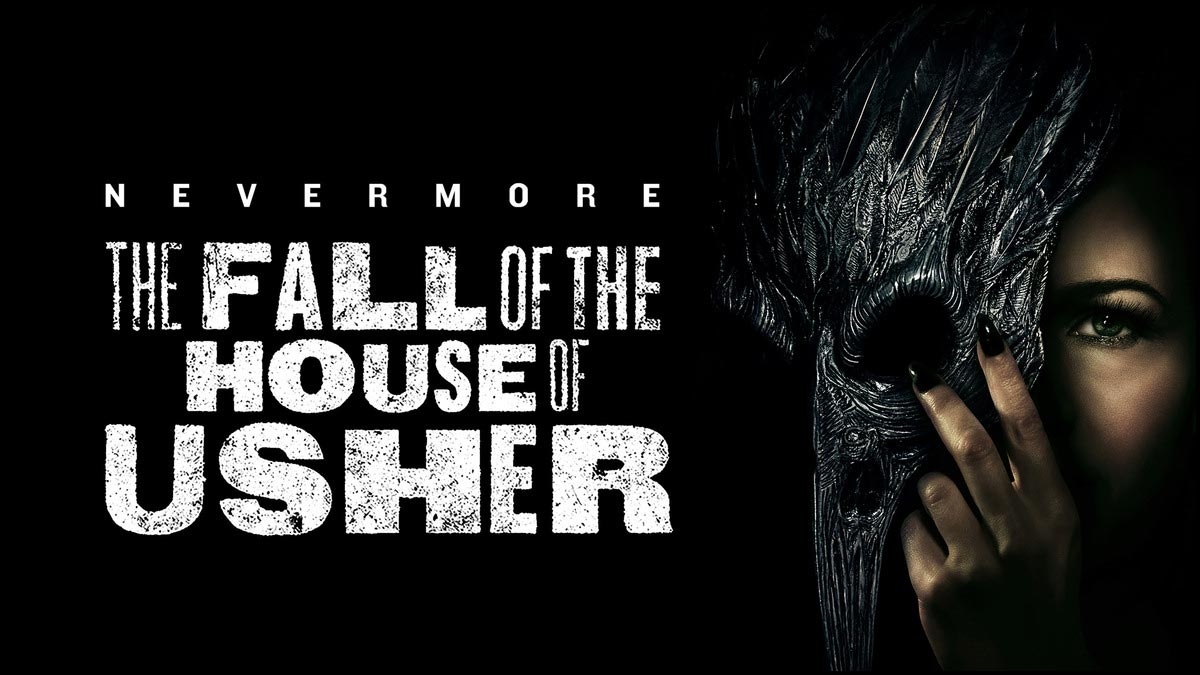
Another TV miniseries about the Sackler family and the opioid issue may seem redundant after Dopesick and Painkiller. All the Beauty and the Bloodshed is one of many documentaries about this issue. Netflix’s unusual method revitalizes this frustrating story.
Mike Flanagan, who worked on The Haunting of Hill House and Bly Manor, to write a gothic family tragedy. On October 12, Edgar Allan Poe mega-mashup The Fall of the House of Usher premiered. It follows the collapse of a pharmaceutical family due to their own missteps. Flanagan’s style is bold, with long monologues, violent deaths, and broad emotional strokes. The series is intense, with dark humour, dismal melancholy, political undertones, and pop culture references.
Bruce Greenwood plays Roderick Usher, the head of a family who made millions selling an addictive painkiller under the Fortunato brand. Flanagan masterfully incorporates Poe themes from “The Pit and the Pendulum,” “The Raven,” and “The Tell-Tale Heart.” This initiative is praiseworthy, but the literary links are half-clever and half-overbearing.

The series sometimes struggles to maintain its many threads due to its complex structure that alternates between past and present. But it excels at generating a terrible inevitability. The series’ gratifying karmic retribution involves Roderick’s children’s tragedies. House of Usher makes a blunt but powerful point about hereditary prosperity and moral deterioration. Despite the clear political message, Flanagan’s dark humour and storytelling shine.
Despite her major role, Carla Gugino represents many of the series’ morals. Her conversations with Roderick lead to a great finale about good defeating evil. House of Usher’s complex, substantial story will leave a lasting impression. Even when it borders on extravagance, Flanagan’s exquisite storytelling and melodrama are clear.
Â













+ There are no comments
Add yours